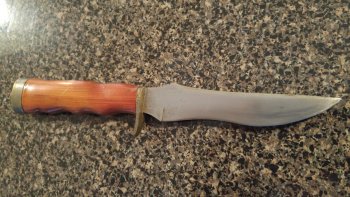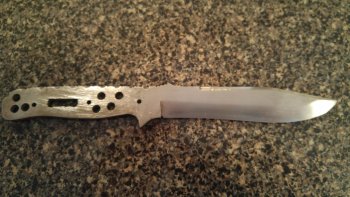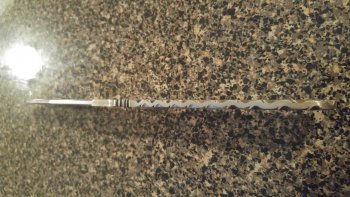sharperedge
Member
Hi I'm new to the forum. I've been wanting to try a experiment but don't materials yet and I was wondering if any one has tried or thought using something like pure dish soap to quench in. Any thoughts on how fast quench it would be or if it would be a crash and burn?



